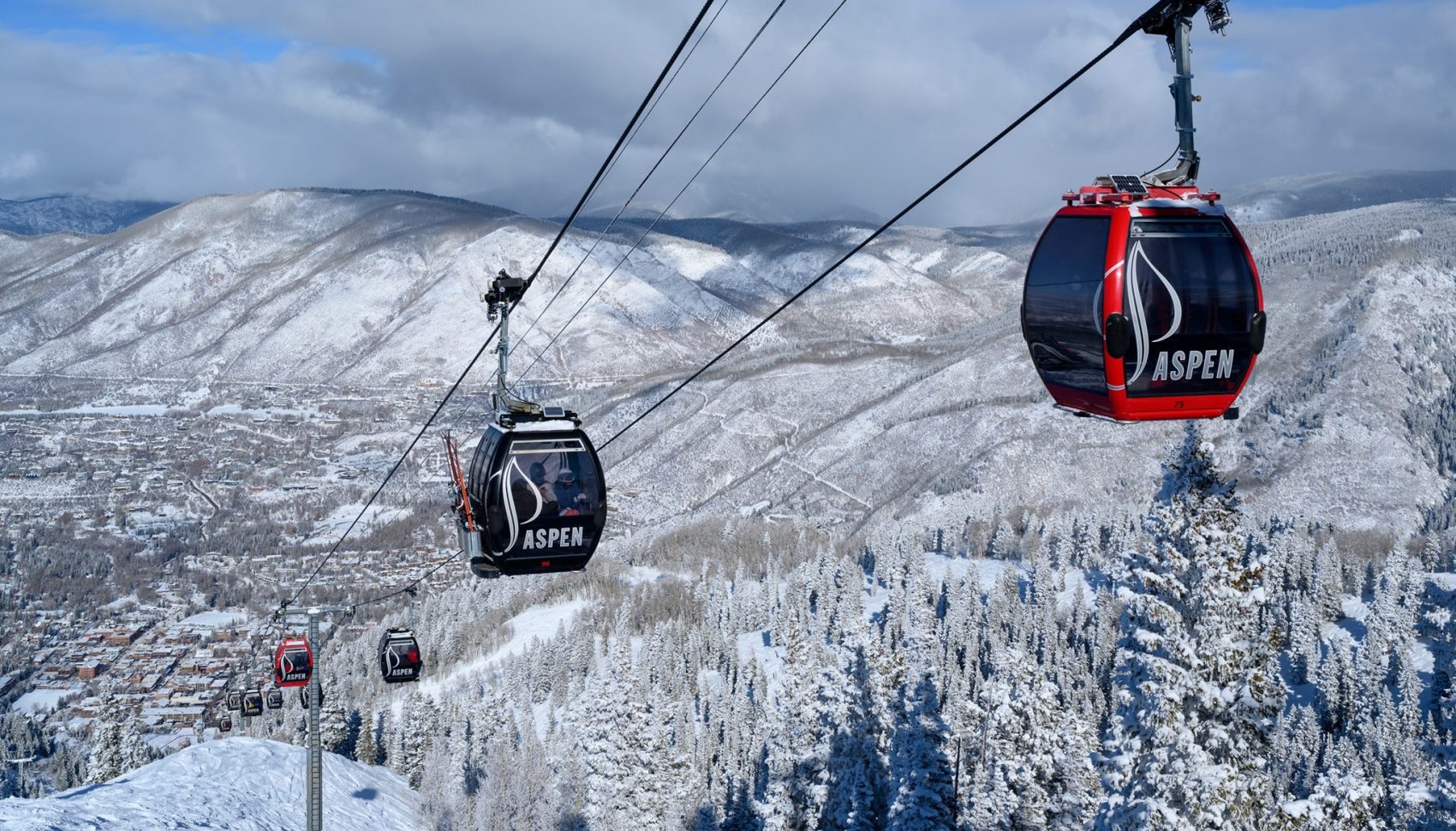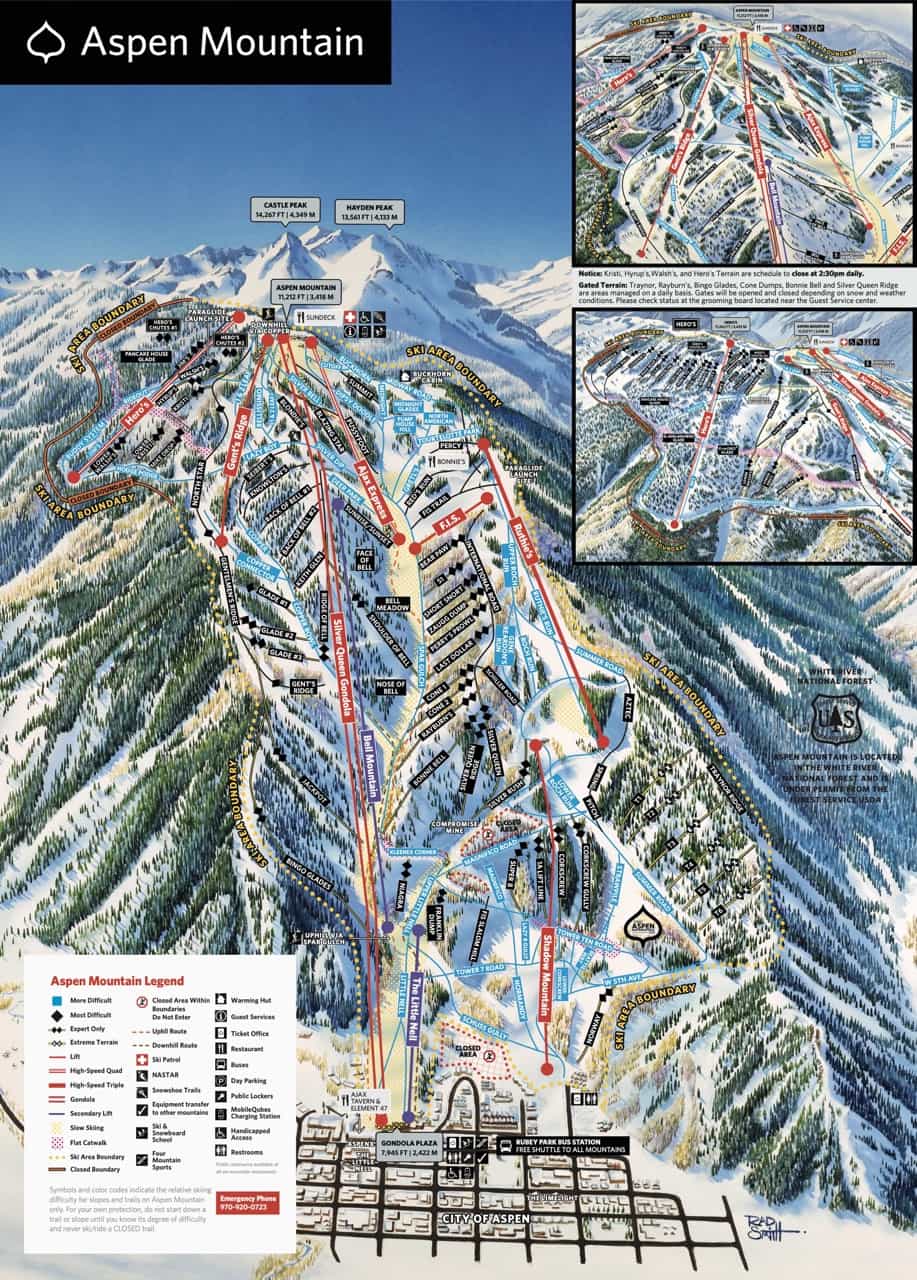
The Aspen Daily News reports that a proposed class-action lawsuit filed against Aspen Skiing Company (SkiCo), the operator of Aspen Snowmass, Colorado, is nearing a settlement. The lawsuit, brought by an hourly SkiCo employee, alleges that the company has failed to compensate workers for time spent commuting to on-mountain restaurants and facilities via chairlifts, snowmobiles, and snowcats.
According to court filings, the plaintiff, Craig Stout, contends that SkiCo’s on-mountain staff are entitled to compensation for their commute time, which often involves physical exertion and potential hazards beyond a typical commute. The lawsuit asserts claims under the Colorado Wage Claim Act, Colorado Minimum Wage Act, and Colorado Consumer Protection Act.
Stout’s attorneys argue that the commutes are not your typical work commutes. They involve unique safety measures like helmet-wearing for ski or snowboard commutes, highlighting the potential risks involved. The suit also accuses SkiCo of violating state laws concerning worker breaks and publishing misleading information about employee benefits on the company website.
In a joint motion filed on May 1, the parties’ Denver-based attorneys indicated that they have reached an ‘agreement in principle to resolve this matter on a classwide basis’. While the details of the proposed agreement have not been disclosed, this signals a potential settlement in the works.
If the court approves, the settlement could have far-reaching implications for the resort industry and labor practices surrounding on-mountain employees.
In a motion to dismiss filed in December, SkiCo denied the claims, arguing that commuting via chairlifts, snowcats, and snowmobiles is safer than navigating snowy, icy roadways in personal vehicles. The company contended that it defies “common sense” to consider these modes of transportation more dangerous than driving in winter conditions.
SkiCo has a policy of not commenting on active litigation. Stout’s attorney, Alexander Hood of the legal nonprofit Towards Justice, declined to comment when contacted by the Aspen Daily News last week.
The case’s outcome could set an influential precedent for compensating on-mountain staff’s commutes across the ski industry.

Let’s keep in mind these are the same resort operators that “import” foreign students on J-1 visas, many of which have never been on skis and after a week or so of training they are the guys and gals “teaching” in Snowsports schools which are charging a hefty amount of money for “instruction”
This is a major problem with large resorts, not so much with family operated ski areas….
Meh, When employees arrive at the base area (or summit depending upon the layout of the ski resort) at their appointed start work time, they are on the clock. If they are assigned up mountain duties, such as food service or lift ops, that’s on the resort. This isn’t complicated.